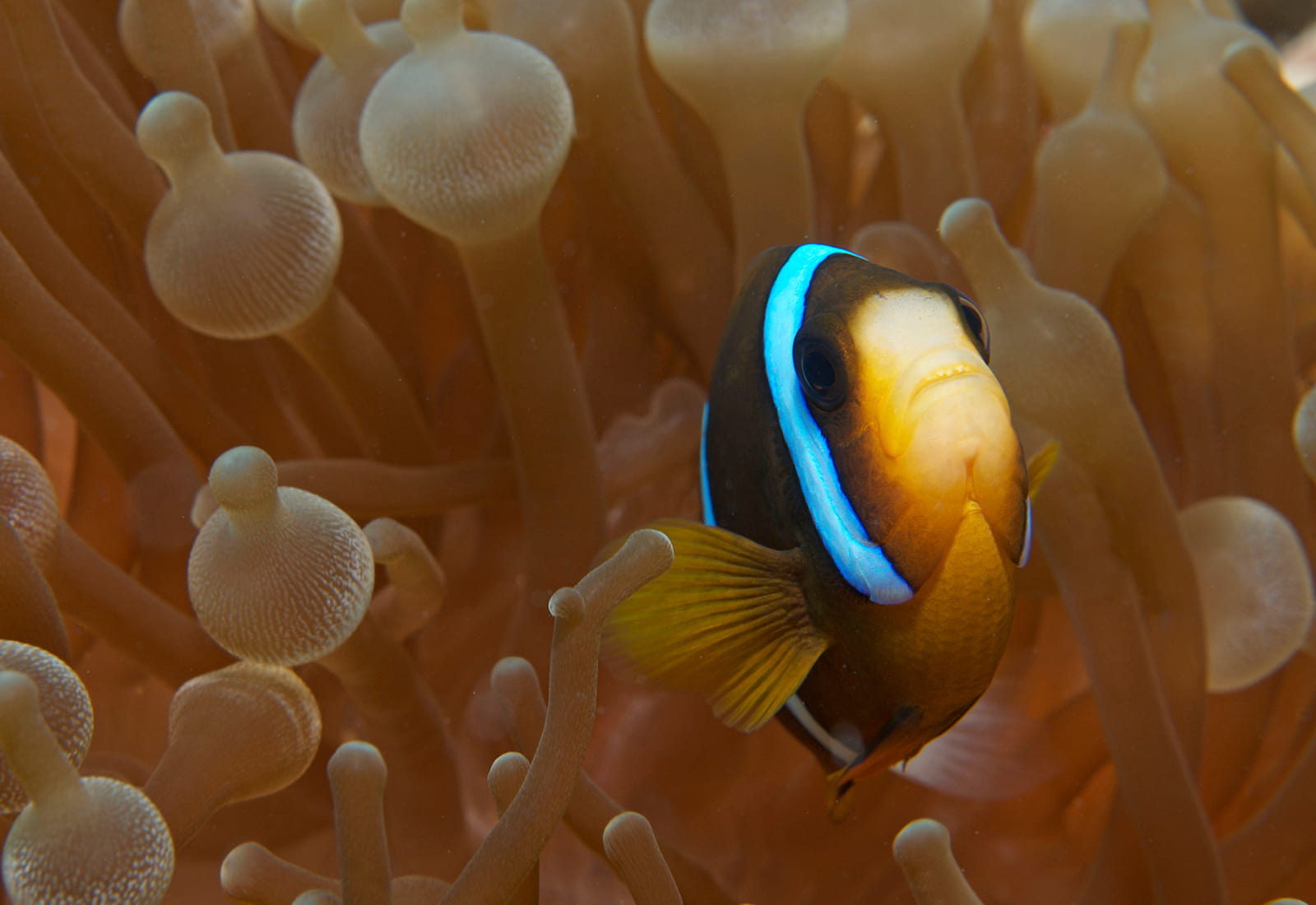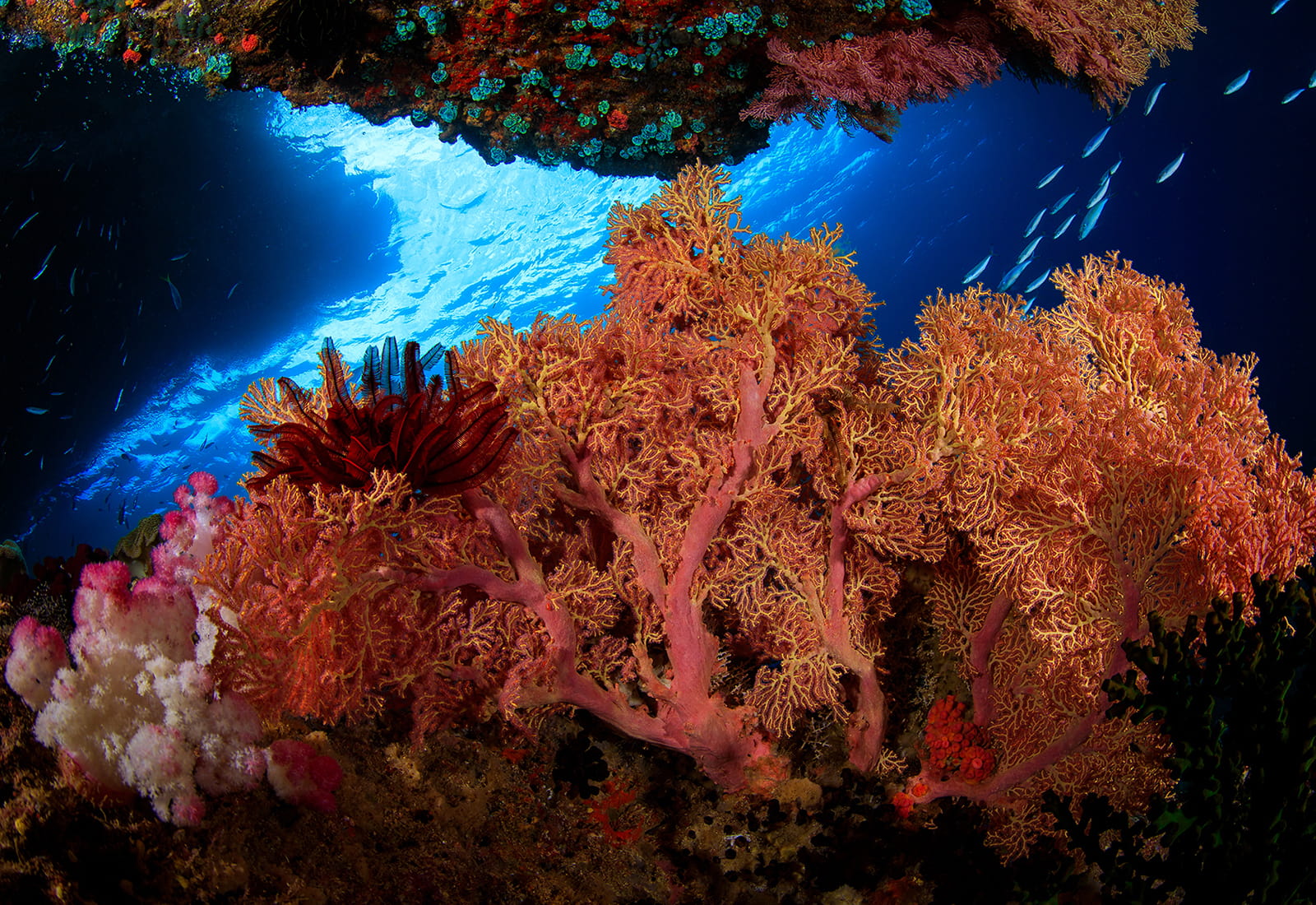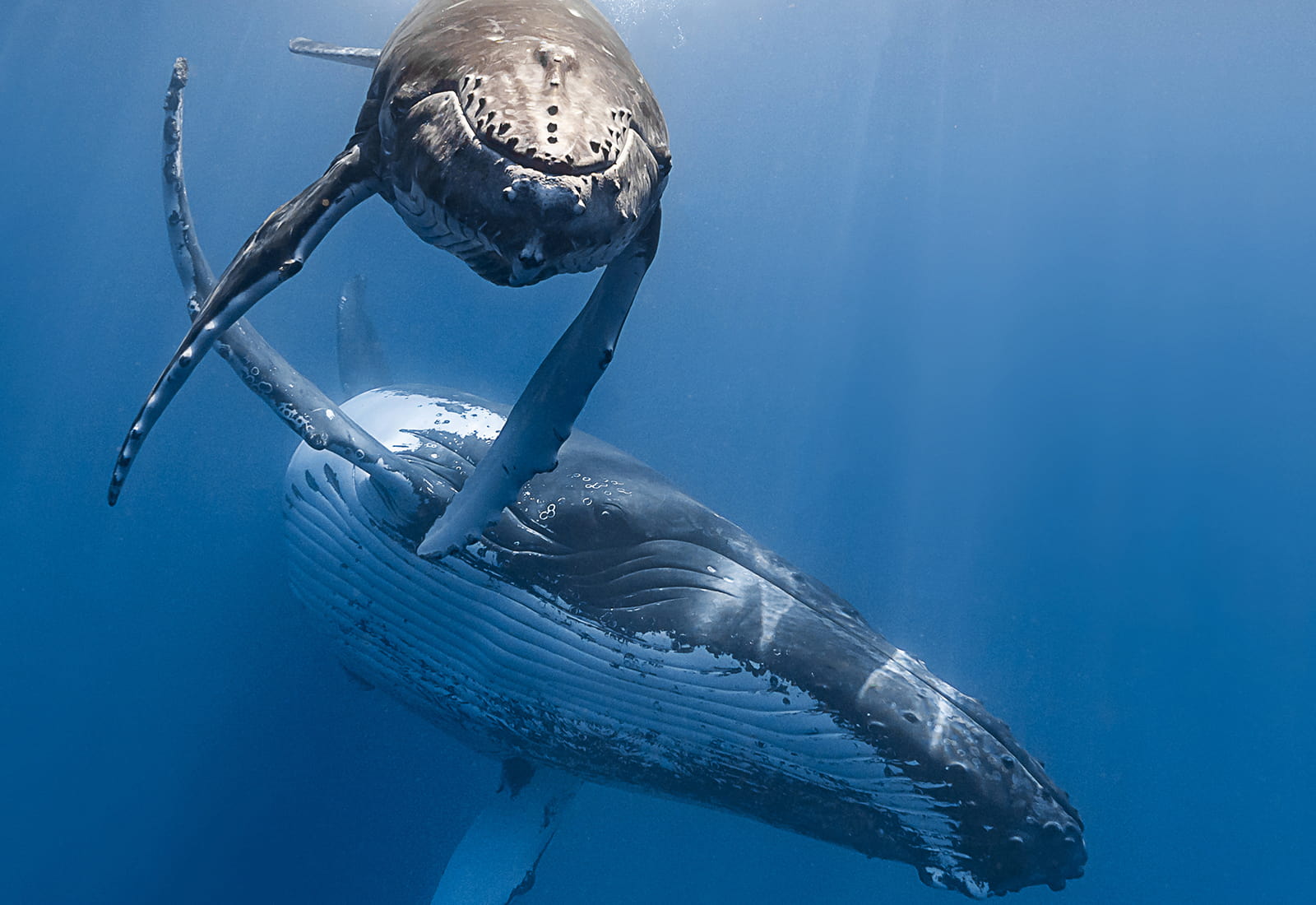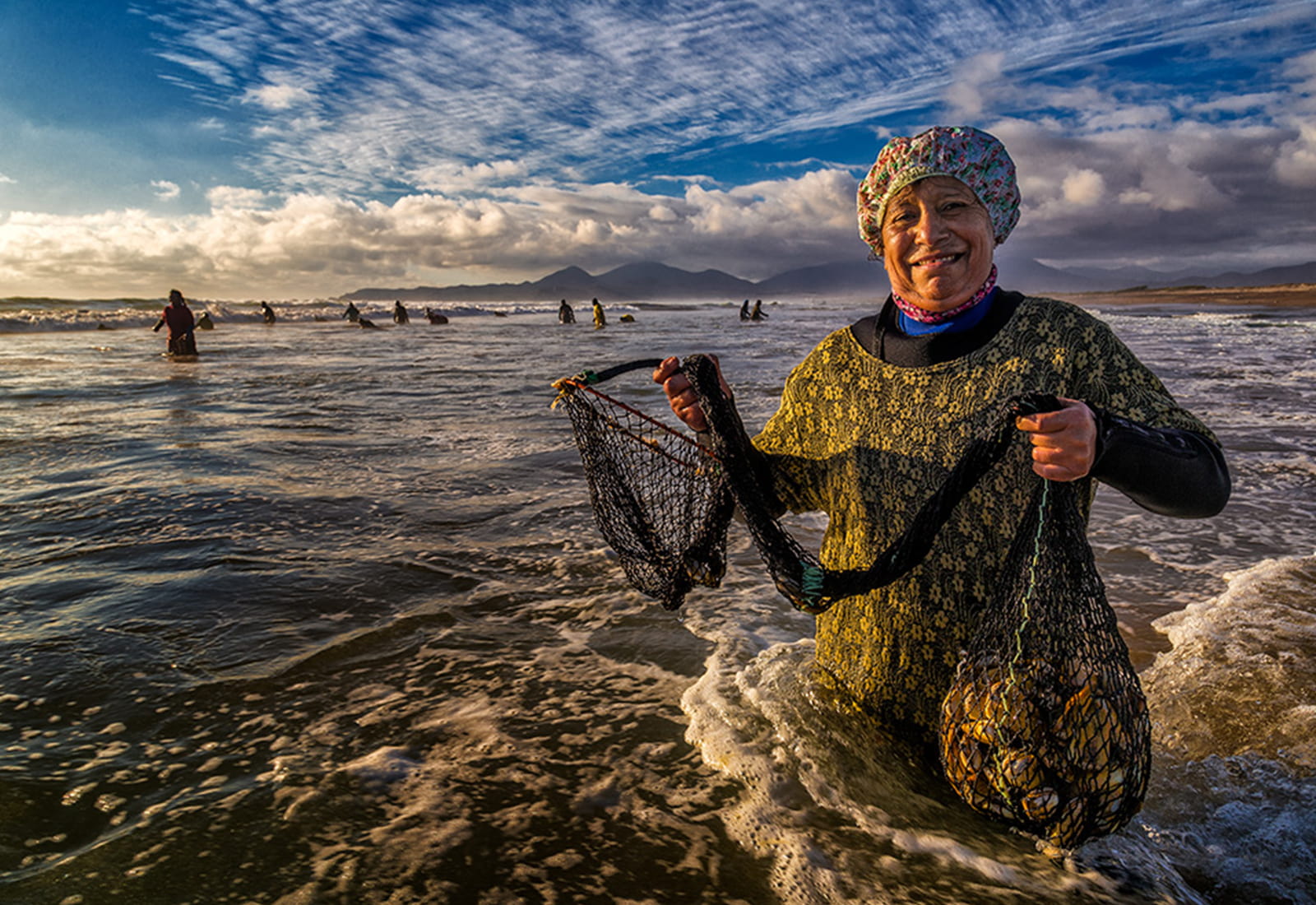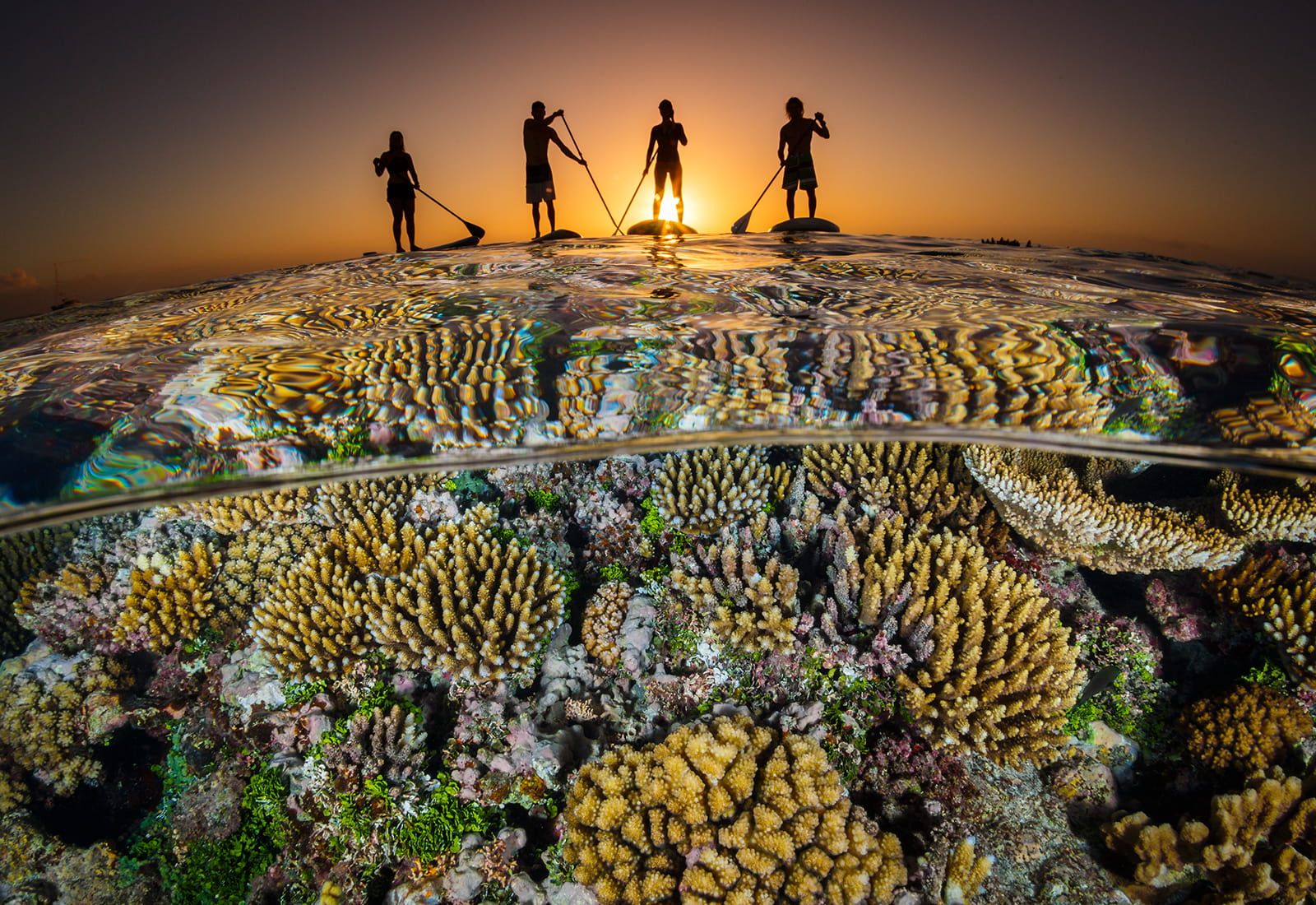Bloomberg Ocean Initiative
Billions of people and huge numbers of marine species depend on the health of the world’s oceans — but these critical ecosystems are increasingly threatened by climate change, pollution, and overfishing. To confront the threats they face, the Bloomberg Ocean Initiative — formerly known as the Vibrant Oceans Initiative — works to protect and restore the world’s ocean by promoting ocean conservation, protecting resilient coral reef habitats, and reducing the practice of harmful and illegal overfishing.
Launched in 2014 in Brazil, Chile, and the Philippines, the Bloomberg Ocean Initiative works with coastal communities, nonprofit organizations, local and national governments, policymakers, and academic groups to enable greater ocean sustainability. The initiative has since expanded work into Australia, the Bahamas, Chile, Fiji, French Polynesia, Indonesia, the Philippines, Tanzania, Peru, and the United States. The Bloomberg Ocean Initiative focuses its work in regions that are home to important coral reef ecosystems, countries that are top fishing nations, and areas where fish is a major food source.
The latest phase of the Bloomberg Ocean Initiative works to:
- Promote the adoption of high-impact, science-based fishery and marine protection policies in 10+ countries.
- Protect 50 of the most climate change-resistant coral reefs, representing 75 percent of global coral species that can repopulate other reefs over time.
- Support 20 countries that are working toward fishing transparency and preventing overfishing in national waters.
Through the Bloomberg Ocean Initiative, Bloomberg Philanthropies is protecting critical ocean resources for the health and livelihood of over 3 billion people around the world.
The initiative uses multiple strategies to combat pollution, overfishing and other destructive fishing practices to protect ocean ecosystems. Since 2012, Bloomberg Philanthropies has contributed over $158 million going towards:
Strategic partnerships: No one entity can eradicate the threats to our oceans alone. The Bloomberg Ocean Initiative forms and fosters partnerships with leading ocean conservation groups, advocates, funders, business leaders, scientists and governments, including Rare, Oceana, Global Fishing Watch, Oceans5, the Wildlife Conservation Society, National Geographic Pristine Seas, Blue Ventures, Outlaw Ocean, and the network of 54 Commonwealth countries.
National policy reform: Taking a data-driven approach, the Bloomberg Ocean Initiative supports policy reform on small- and industrial-scale fishing practices in top fishing nations, including Australia, Chile, and the Philippines. This work is imperative to meeting rising seafood demand due to population growth and supporting the livelihoods of billions globally.
Local conservation and fisheries management: Bloomberg Ocean partners with organizations, coastal communities and local governments to manage small-scale fisheries, manage fish and coral resources, and prevent marine pollution to protect their sources of income and nutrition while ensuring long-term sustainability and resilience of the coastal ecosystems. Empowering local communities with direct control over their resources is a proven way to enhance conservation and safeguard sources of income and nutrition, as well as ensure long-term resilience of coastal Ecosystems.
Data-driven strategy and global transparency: Thorough data gathering and analysis provide a better understanding of the challenges facing fisheries and coral reefs while supporting strategies to solve them. For example, the Bloomberg Ocean Initiative supports Global Fishing Watch, a publicly accessible and free online platform that tracks the movements and activities of tens of thousands of commercial fishing vessels in real time. This helps to reduce the $23+ billion worth of seafood that is stolen through illegal fishing and guide more sustainable investments, ultimately supporting the livelihoods of small-scale fishers and their communities.

Top photo: Fishermen in Chile stand on the shore by their boat. Photo credit: Claudio Almarza/Oceana
